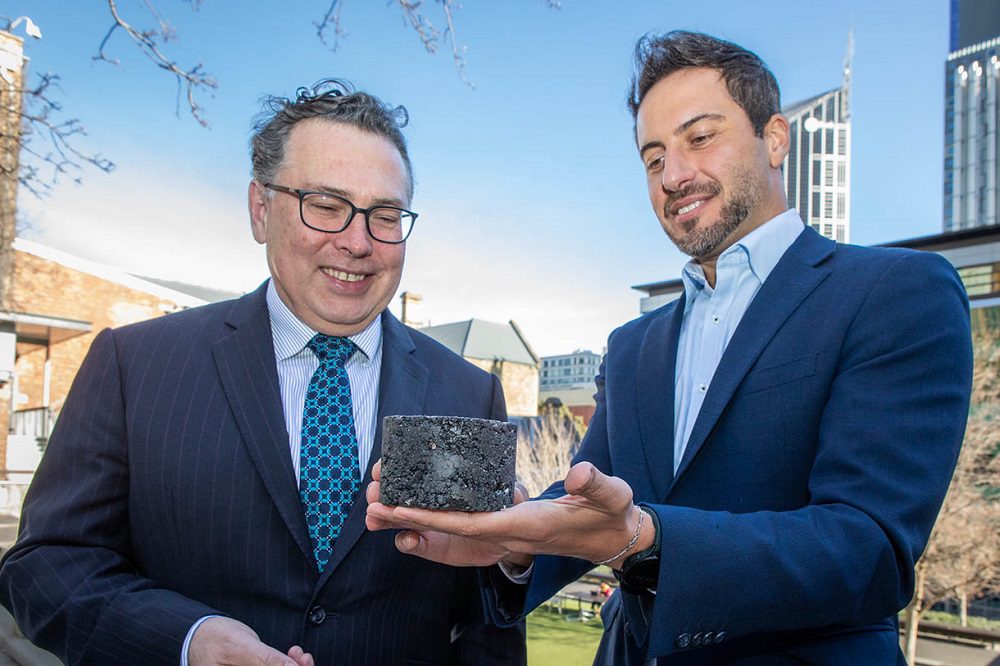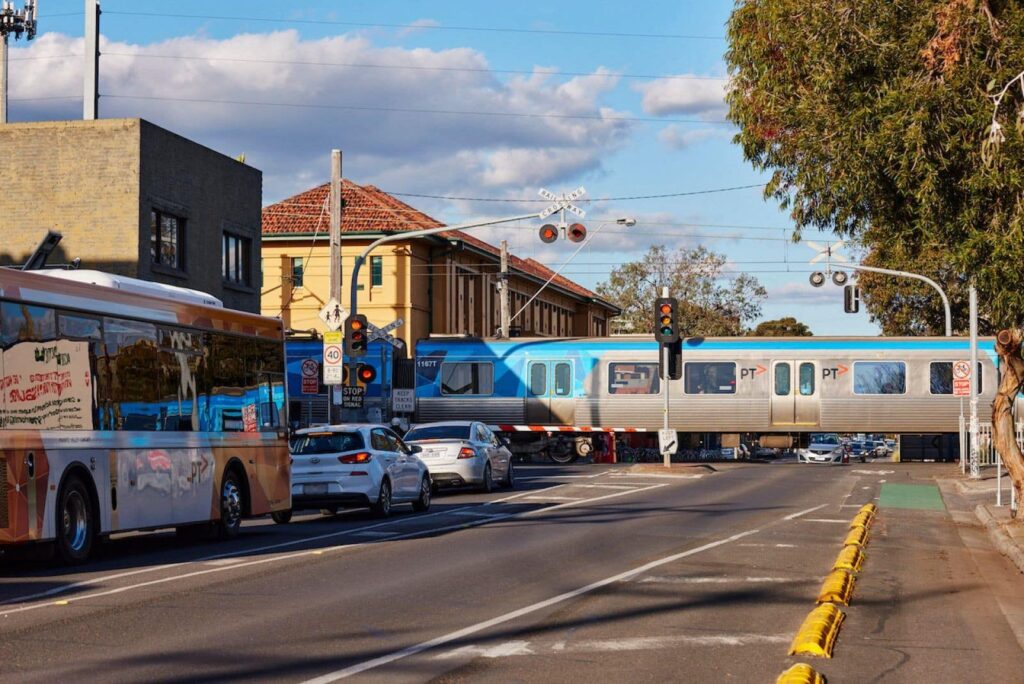Australia trials recycling plastic waste in road surfaces

This post was originally published on this site

An Australian university is leading a project to test the use of recycled plastic as an additive to asphalt to help make roads more sustainable.
The plastic waste – including “notoriously stubborn” soft plastics – is recovered from consumer and industrial waste and mixed with the asphalt to enhance its performance, according to the experts delivering the trial.
New roads mixed with the material at 10 sites across the state of Victoria will demonstrate a “viable circular-economy solution”, it is claimed.
Australia’s RMIT University is leading on the project, which is supported by the Australian Research Council, Austroads, and 10 councils in Victoria.
The City of Melbourne and nine suburban and regional councils will lead the way, each having sections of recycled road up to 900 metres long paved over the coming months.
The 10 project sites will use an estimated 21,000 kg of recycled plastic, but the potential scale of this solution is thought to be considerable given the several hundred thousand kilometres of roads across Australia.
Project lead, RMIT’s School of Engineering associate professor Filippo Giustozzi, said the team will also produce best-practice guidelines on the use of recycled plastics in asphalt roads.
“These guidelines will enable local governments, which control 80% of the nation’s roads, to begin wide-scale adoption of this innovative recycling solution,” he said.
Hit the road
“If Australia’s 537 local governments each used a small amount of recycled plastic in the many roads they resurface each year, then nationally we’ll have created a large end-market for recycled plastic.”
Australians generate 2.6m tonnes of plastic waste each year, and landfill space is expected to reach capacity by 2025, so the team regard this project as helping to address an urgent challenge.
Extensive laboratory studies conducted by RMIT for Austroads – the collective of Australian and New Zealand transport agencies – are said to show these mixes are mechanically, chemically, and environmentally sound.
Giustozzi added: “The performance of roads can actually be improved with the additions of recycled material, such as plastic and rubber, to be more durable against traffic and resistant against ageing.”
The team’s latest study, funded by Austroads and published in the journal, Science of The Total Environment, found the recycled plastic asphalt mixtures had 150% less cracking and 85% less deformation under pressure testing than conventional asphalt.
“These studies tell us that adding specific types of plastic in the right way can generate greater rutting and fatigue resistance,” Giustozzi said.
“In some instances, the performance of the mix was similar to some of the more expensive polymers used in roads and substantially higher than conventional asphalt mixes.”
Austroads chief executive Geoff Allan said: “This project builds on the work completed last year that confirmed recycled plastics can be successfully incorporated in road infrastructure without detrimental effects on the environment, the health and safety of the workers, or the future recyclability of plastic-modified asphalt.”
“A major contribution of this project will be to develop evidence-based guidance that will provide certainty to road managers about the use of recycled plastics in road surfacing applications and thus lay the foundations for this solution to be embraced nationally.”
Main image: Austroads chief executive, Geoff Allan, with RMIT associate professor Filippo Giustozzi. Courtesy of RMIT University
Read next: Construction of new chip factory is MUSiC to US ears
Are you a building professional? Sign up for a FREE MEMBERSHIP to upload news stories, post job vacancies, and connect with colleagues on our secure social feed.



Responses